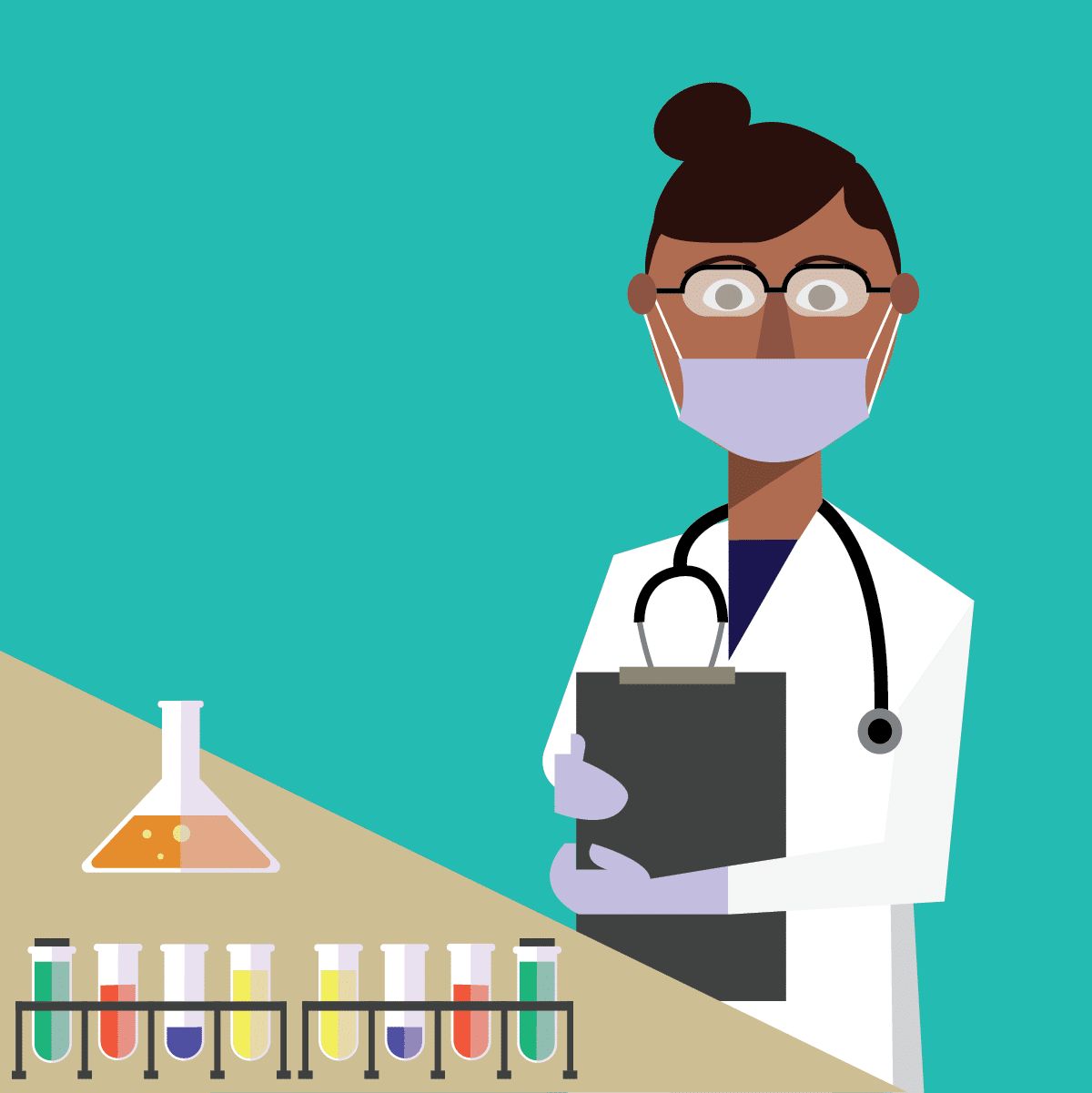By Eli Hughes–
Researchers at the University of Louisville have discovered that a piece of synthetic DNA could be a useful treatment for COVID-19 patients.
This synthetic DNA, also known as an aptamer, was discovered by Paula Bates, John Trent and Don Miller. Bates was originally interested in this technology for its potential in cancer patients.
“I’m actually a cancer researcher by training, and one of the things I’ve investigated in the past is developing a drug that specifically targets cancer cells,” Bates said. “It turns out that the protein that this drug binds to is also involved with helping a lot of viruses do their thing.”
Bates said that she first had the idea in February as she was trying to think of ways that she could help combat the COVID-19 pandemic. When she realized that her drug could be effective against COVID-19, she reached out to Kenneth Palmer, director of U of L’s Center for Predictive Medicine for Biodefense and Emerging Infectious Diseases.
Palmer tested Bates’ treatment and found out that it was able to inhibit COVID-19. The treatment will still have to go through testing and human clinical trials before it will be ready for widespread use on COVID-19 patients.
Bates is still unsure how the drug will be used if it gets approved, but thinks that it could be useful for either very sick patients or those who are just starting to experience symptoms. She said she will know more about how it can be used once they design the clinical trial.
Bates is also hoping that the testing process could be quicker than normal because the drug has already been used in clinical trials with cancer patients. She believes that this advantage will make it so this treatment could become available before a vaccine.
“We’re all hoping for a vaccine that will work and be safe and available to everyone as soon as possible but best case scenario I think that’s going to be a year at least,” Bates said. “So the goal is to have something out before then so that the more options we have to treat the coronavirus, the more we can return to some sense of normalcy.”
Graphic by Alexis Simon // The Louisville Cardinal



